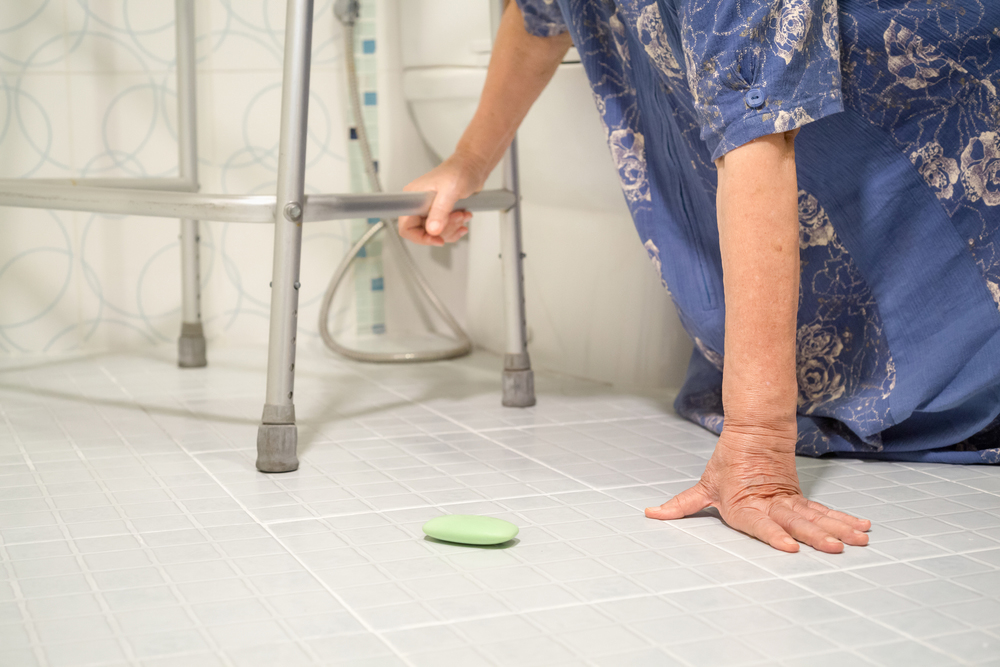By Dr. LaToya Roberts
It is no surprise that hip fracture among older patients can be devastating in most cases. Such injury profoundly affects the physical, mental, functional and social well-being that patients used to have. According to the National Institute of Health, some reports show that up to 50% of patients with a fall and related hip fracture die within six months, and many of those who survive do not recover their baseline independence or function. Therefore, fall prevention is paramount (year-round) with these helpful hints!

- Wear proper fitting footwear with a slip resistant sole.
- Take care when entering and exiting vehicles, and be mindful to notice where your foot placement is, in relation to the curb or sidewalk.
- Observe uneven surfaces and walk on designated walkways and sidewalks.
- When walking outside, keep your hands out of your pockets. This helps with balance and proprioception. With cold winter months, invest in good quality gloves to wear so hands can be kept free.
- If you are prescribed an assistive device for walking, then use it; a cane or walker left in the car or at home doesn’t do any good to anyone!
- Secure loose rugs and mats, avoid ones with tassels or that have uneven, bumpy texture. Personally, I’d rather get rid of them altogether because the risk of falls far outweighs any benefit.
- Remove or secure any loose cords on the floor. Please do not hide cords under rugs. Hiding cords under rugs dramatically increases the trip and fall risk.
- Keep entryways clutter-free especially from shoes that may be strewn across the floor and keep floors dry.
- Utilize railings and avoid carrying boxes or baskets when going up and down stairs.
- Watch out for indoor pets like the clingy fur baby that likes to be around your feet or in your lap. Take note of where they are at all times.
- Those robotic assistant vacuums are high on the trip list. Have them set to assist when you’re out of the house or remain in a designated room until it’s not in use anymore.
- Refrain from climbing on top of chairs and table tops. Similarly, avoid sitting on objects not meant to be sat on or in.
- Keep regularly used items within easy grasping reach. Step stools, although useful, may be very dangerous and result in unnecessary injury.
- Talk with your doctor about medications that may cause you to feel lightheaded or dizzy after, and take precautionary measures to minimize activity afterwards.
- Finally, in the event that a fall occurs, have an alert system in place.
Understand that while maintaining one’s independence is very important, it’s okay to rely on others too. Make a to-do list for family or friends to help with tasks that may put you at risk for falls. Remember your quality of life is as important as the quantity of it.
LaToya Roberts, DO practices internal medicine at Harbor Internal Medicine. Her office is located in Bayside Commons suite 105, 501 Bay Avenue.in Somers Point.

















